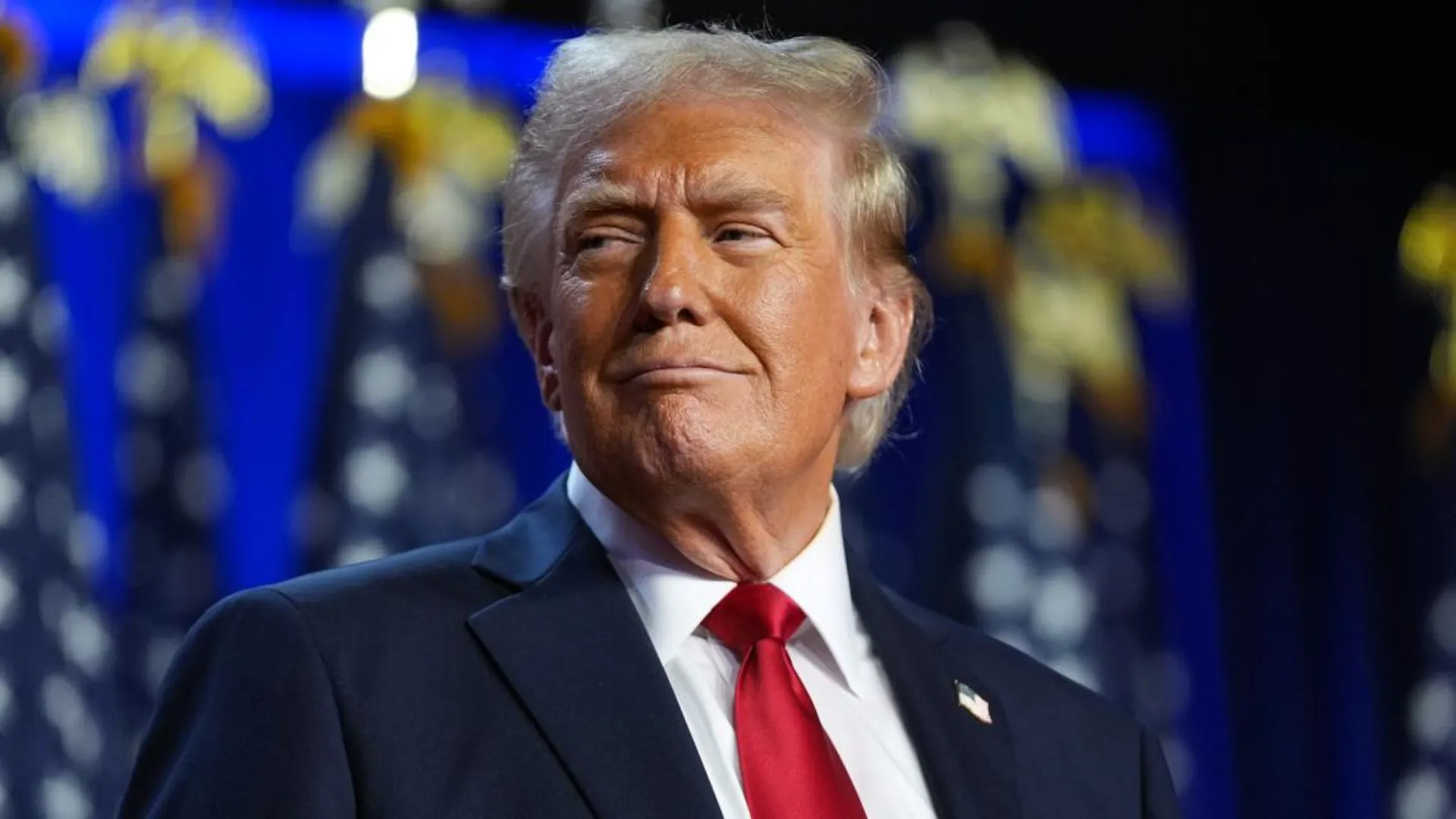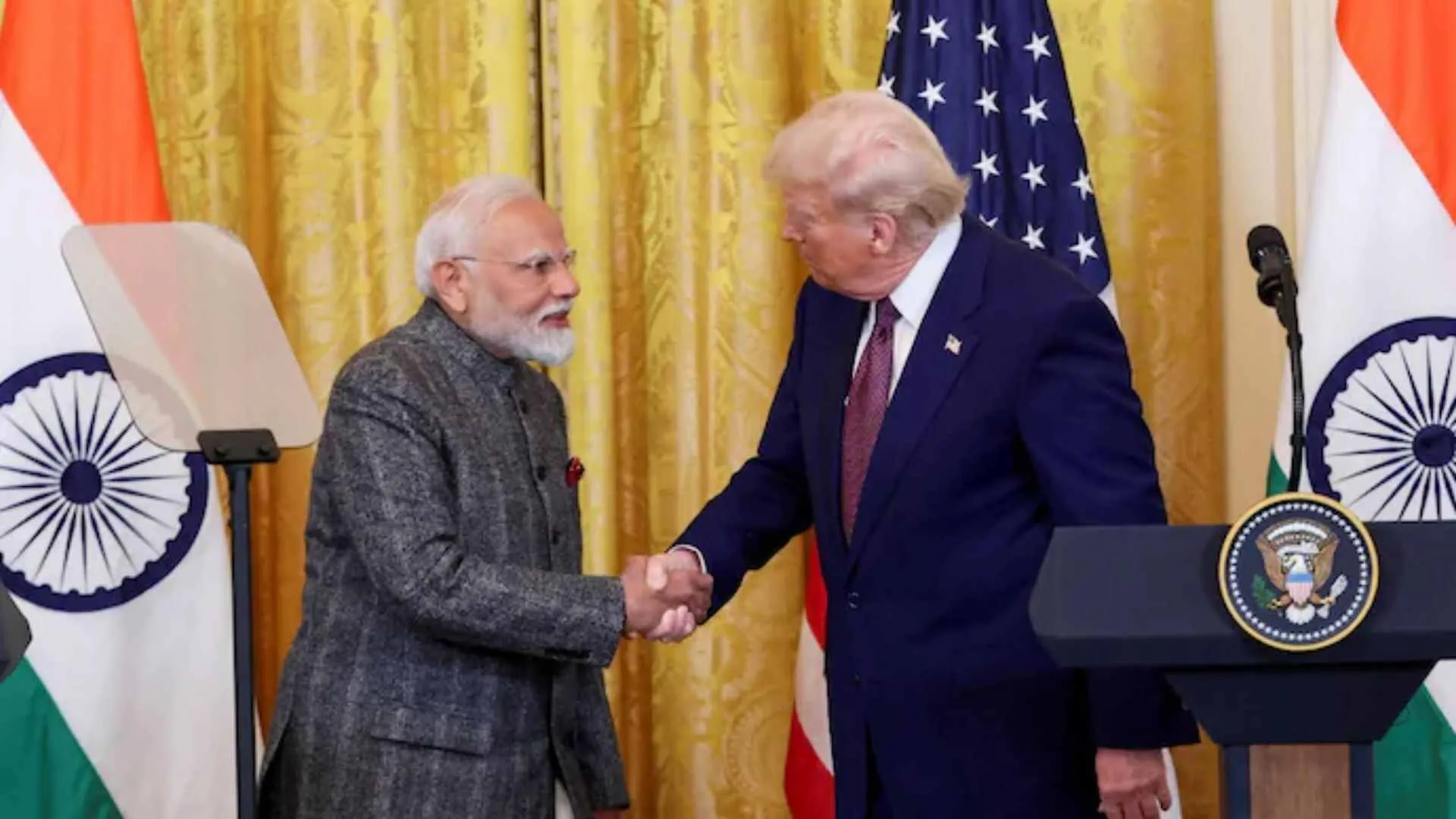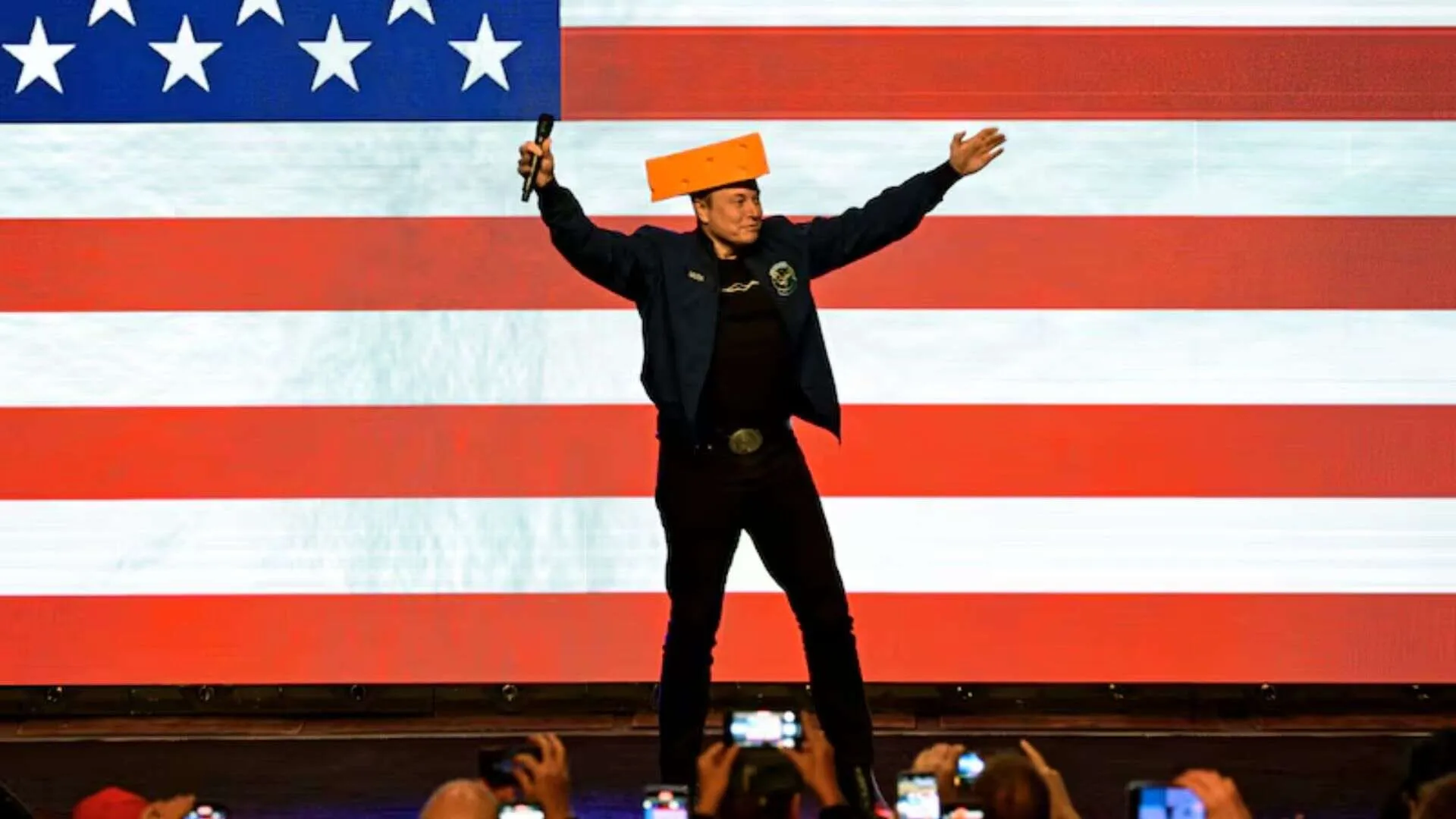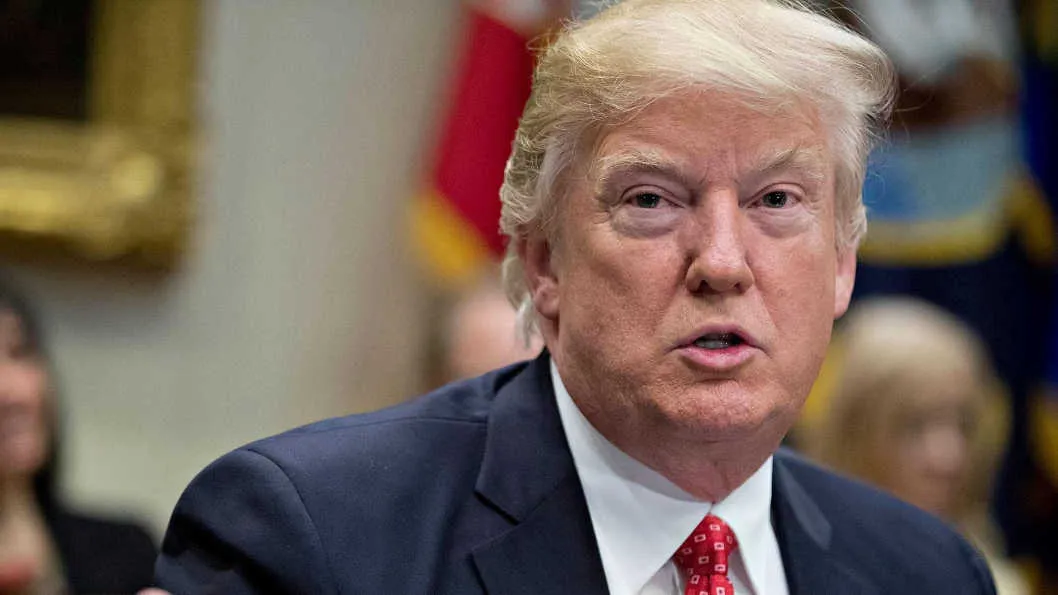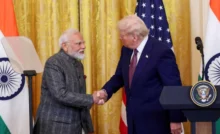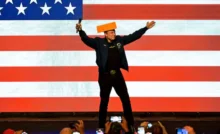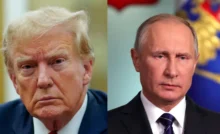US President Donald Trump has imposed a 25% tariff on imports of overseas autos, a step which may have strong implications for Indian automobile players like Tata Motors, Eicher Motors, Sona BLW, and Samvardhana Motherson. These companies supply parts to important automotive markets like Europe, Japan, South Korea, and China, which then supply cars to the US.
Jaguar Land Rover Has Direct Exposure
Tata Motors may not export cars directly to the US, but its UK-based subsidiary Jaguar Land Rover (JLR) has a huge presence there. The US contributed 22% to JLR’s overall sales, it says in its FY24 annual report, selling nearly 400,000 cars globally in the previous financial year. JLR cars, which are mostly made in the UK and other foreign plants, will now have to pay high import duties, which may hamper its sales in the US market.
Eicher Motors and Sona BLW under Threat
Eicher Motors, which makes Royal Enfield motorcycles, might also see some decline, since the US is one of its major markets for its 650cc bikes. Sona Comstar (Sona BLW), which makes differential gears and starter motors, gets approximately 66% of its revenues from the US and European regions. In order to decrease Western export reliance, the firm has been growing in China, Japan, and South Korea with the objective that these markets would generate more than 50% of its revenue within the next five years.
Samvardhana Motherson and Other Suppliers Adapt
Among India’s top auto component manufacturers, Samvardhana Motherson International Ltd exports to Tesla and Ford. Having well-settled production facilities in the US and Europe, the group is somewhat sheltered from the tariff shock unlike companies with huge dependence on export.
Other significant component exporters, such as Bharat Forge, Sansera Engineering Ltd, Suprajit Engineering, and Balkrishna Industries, also stand exposed to a large extent in the international market.
India’s Auto Component Industry and Global Trade
In FY24, the auto component exports from India were worth $21.2 billion and accounted for the $1.2 trillion worldwide market. The US and Europe represent 4.5% of the world’s auto parts trading and are thus key markets for Indian producers.
With the imposition of the new US tariff, Indian companies might have to re-evaluate their export strategy, expand to more markets, or set up local manufacturing units in order to counterbalance monetary losses.


